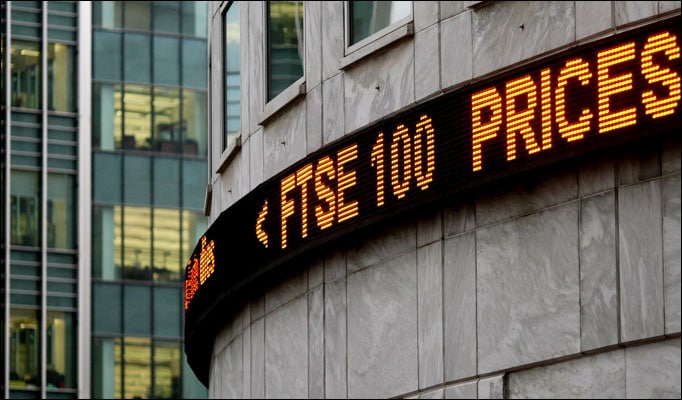If you are an investor and a pension saver, you have a financial dilemma over companies and the bumper dividends they are paying.
Calls are increasing for Britain’s biggest companies in the FTSE350 to stop paying dividends to shareholders and to channel the money into paying down pension liabilities instead.
The pensions deficit is an unhealthy £560 billion and increased by around £90 billion last year, according to statistics from financial consultancy PwC.
Meanwhile, Brexit has trigged the pound to plummet in value, and as most FTSE companies earn more overseas than they do in Britain and that money is paid as US dollars or euros, sales for goods and services have soared in value.
Companies paid a record £16.6 billion dividends to investors in the final three months of 2016 and this amount is expected to increase if the pound continues to struggle throughout 2017.
Pensions or income?
The pension and dividend dilemma needs resolving by shareholders.
Most FTSE100 shares are held by pension providers and the income from dividends grow tax-free in retirement savings.
The dividends they pay are taken as income or reinvested by shareholders.
The dilemma is not to take the dividends either damages pension savings or income from investments.
Although dividends in most sectors were more than the return on investments last year than the year before, they still lagged the payments for 2014, a study by Capita Asset Services revealed.
Lounging in the black
“UK investors can, of course, justifiably celebrate the headline numbers. The trends beneath the surface show, however, that dividend growth in the UK is still rather hard to come by,” Capita said.
“The fortunes for 2017 depend on the extent to which the worst is over for the large caps, and on the trajectory of sterling’s exchange rate, which is currently set to bring a second year of gains for sterling investors,” it said.
The alternative is pension regulators barring businesses with pension deficits from paying dividends.
But this could see pension funds lounging in the black if gilt yields recover, as quantitative easing has depressed the value of gilts, which in turn has increased pension deficits. Pension liabilities are calculated against the value of gilts.
Should gilts suddenly recover, pension funds would be awash with cash.
